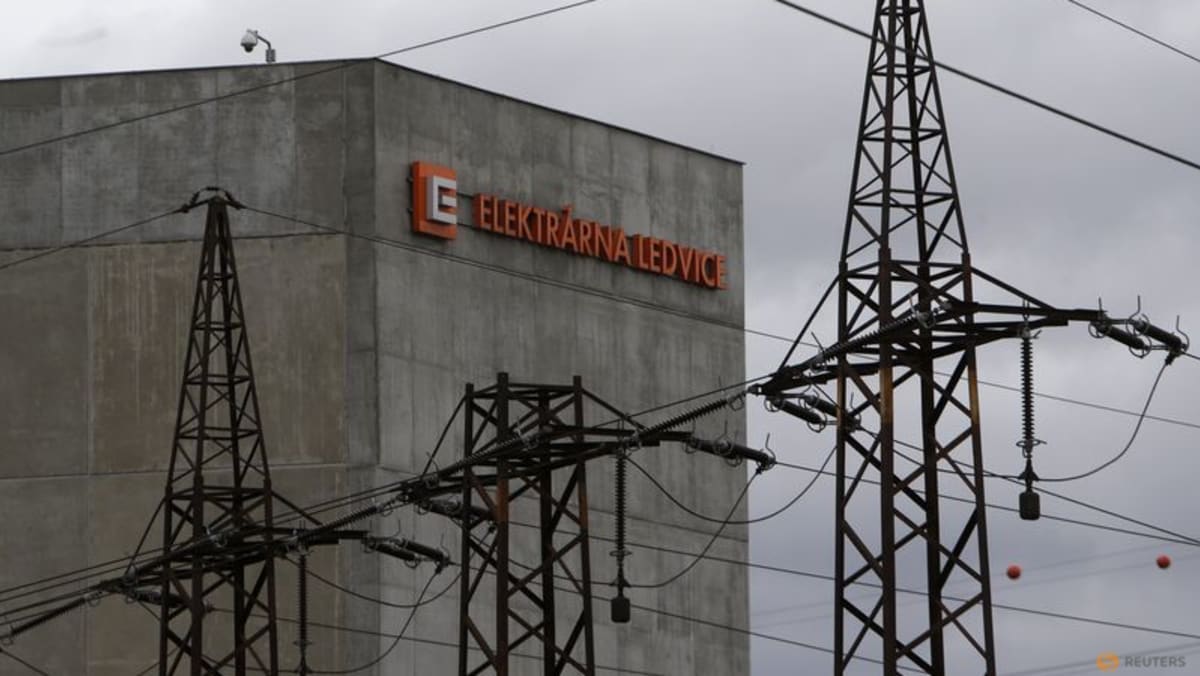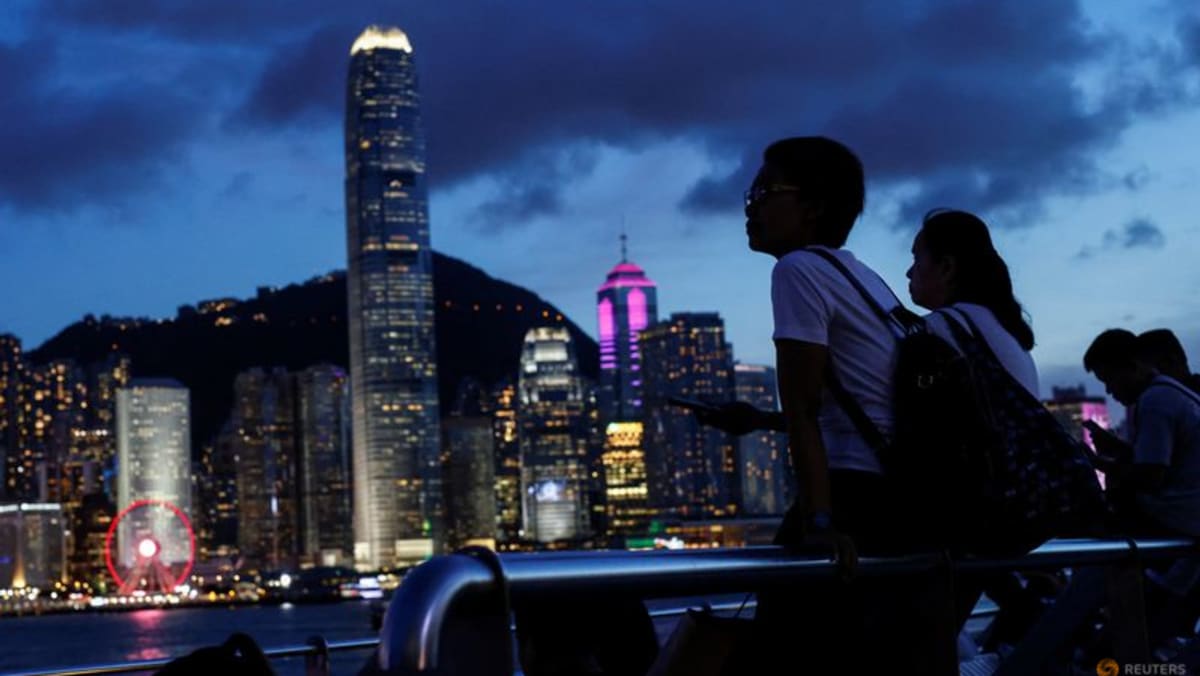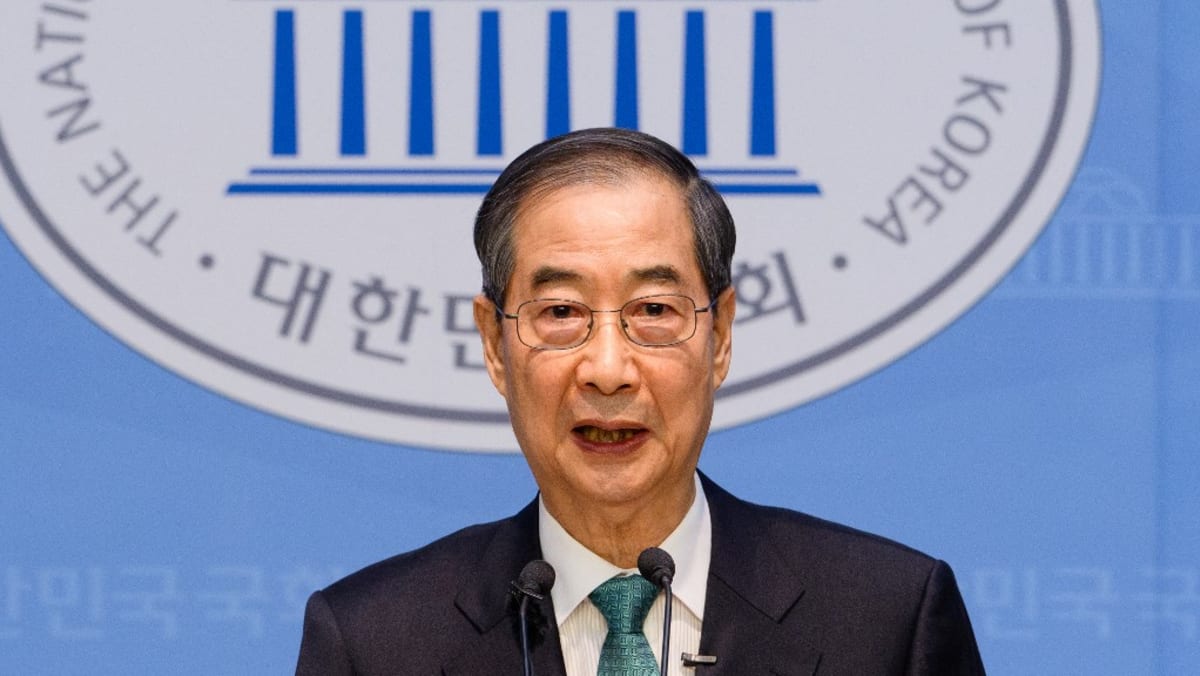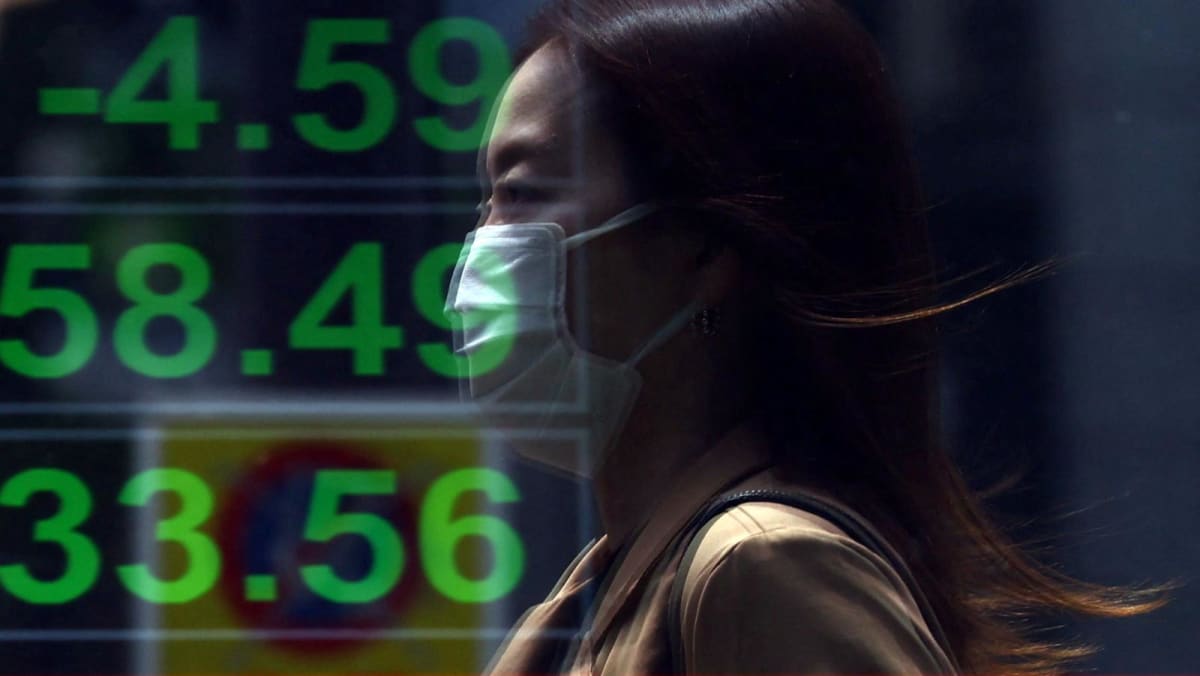HEALTHCARE SECTOR AND AI
Hong Kong’s medical sector is one of multiple industries that has seen a massive push towards AI in recent years.
One such AI-driven medical platform is MedDr, developed by the Hong Kong University of Science and Technology (HKUST).
The service helps to conduct a pre-consultation screening for patients before they see a doctor.
A patient presenting a fever, for example, will be prompted by the machine to check for other symptoms such as a cough, runny nose or body aches.
Working like a “medical GPT”, MedDr’s model can answer questions, generate medical reports and provide initial diagnoses based on medical images.
The system raises the efficiency of clinical work and helps save time so that doctors can focus on patients’ treatment.
Another locally developed AI project called MOME (Mixture of Modality Experts) helps to diagnose breast cancer.
It can distinguish between malignant and benign breast lumps using magnetic resonance imaging (MRI) scans without the need for invasive biopsies.
The model achieved an accuracy level comparable to radiologists with more than five years’ experience, according to Dr Hao Chen, who leads the two AI projects.
Dr Chen said that with a good digital infrastructure, large-scale data can be collected from across hospitals, pooling knowledge and resources.
“For the whole career of a doctor, they can’t see a million cases. (But) AI-models, by learning from the large-scale data, can mine the knowledge,” said the assistant professor at HKUST’s department of computer science and engineering.
“The AI models can provide more objective information here and it can reduce the inconsistencies and facilitate the improvement of the accuracy.”
Both projects are in the final phase of pilot testing with local hospitals.
MedDr is expected to be launched later this year while MOME is expected to launch next year after obtaining official medical approval. The two projects will initially be introduced in up to five hospitals in the city and wider in China.
DEVELOPING AI
Aside from universities, companies in the bustling financial hub are also jumping on the AI bandwagon, driven by its potential for increased efficiency, cost savings and revenue growth.
Consultancy firm Deloitte, for instance, started its own AI Institute in the city in 2023 to develop customised projects for clients.
One of its recent AI-powered advancements is a system that can handle over 10,000 documents, superior to a chatbot that clients previously used, which could only handle two to three documents.
Dr Leo Ma, dean of the Deloitte AI Institute (Hong Kong), gave an example of the research process by agents from its insurance clients, that used to take hours and could be inaccurate due to human error.
But with AI, the system collates and summarises the data almost immediately, he said, adding: “They can use their own tablet to search for the answer that they want and it’s very efficient and quick.”
FRAMEWORK AND EDUCATION
Compared to other Chinese cities like Shenzhen and Hangzhou – early movers in AI development – Hong Kong appears to be late to the game.
However, some experts believe Hong Kong does not need to play catch-up.
Instead, they said the city should tap on its financial hub status to ramp up AI development targeted at this sector and also take the lead in devising AI regulations.
“At the moment, the AI regulatory framework is still weak. In the future, the government should set up a regulatory framework to show how to appropriately develop AI and guide AI usage,” said Dr Jack Jiang, an innovation and information management professor at the University of Hong Kong Business School.
He noted it is critical to develop official guidelines on the safe and responsible use of AI, such as how chatbots react to unethical questions.
Dr Jiang said the school has included foundational knowledge on AI into some of its curriculum and will mount a module on AI literacy for all undergraduate students. Such basic knowledge on AI is set to become increasingly important as AI becomes utilised and embedded in work processes.
He added the school plans to launch at least two new programmes on AI next year.
Individuals are also learning AI on their own time or as a mid-career switch.
Banker Frank Shum told CNA he quit his job to return to school last year to pursue a Master’s in Business Analytics in AI.
Mr Shum, who graduates in 2026, believes that understanding and knowing how to utilise AI will help in his future career when he returns to banking.
“During my work, I witnessed that businesses are taking initiative to automate the processes and leveraging AI technology. I can see that it’s just the beginning, and AI is going to transform our workplace,” the 29-year-old said.
“I want to be part of this revolution.”













